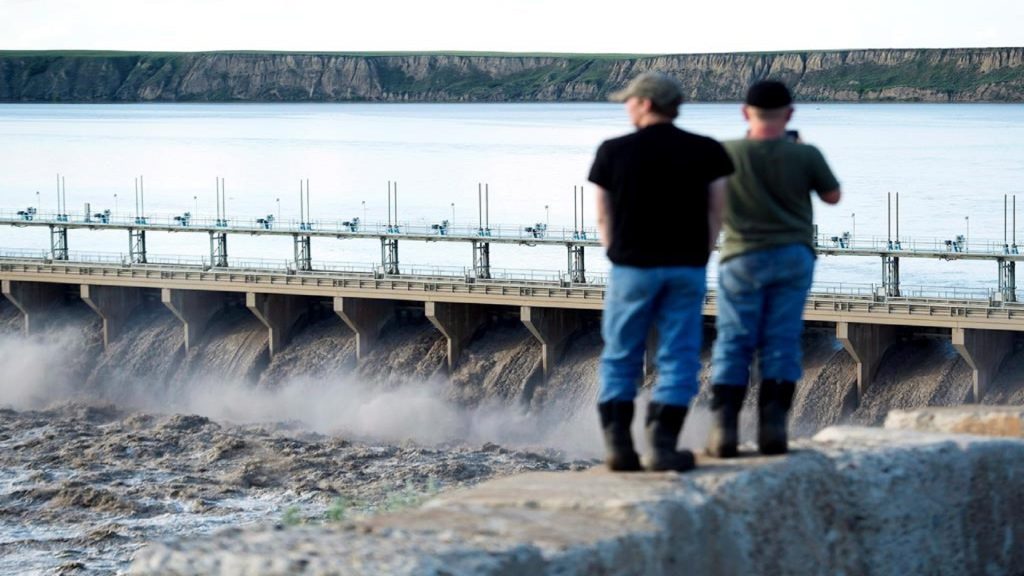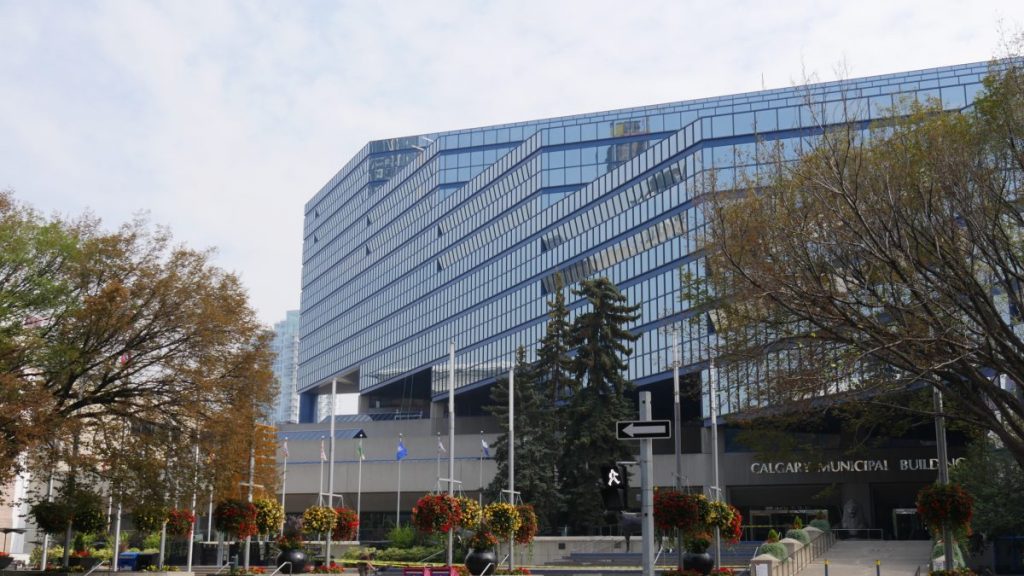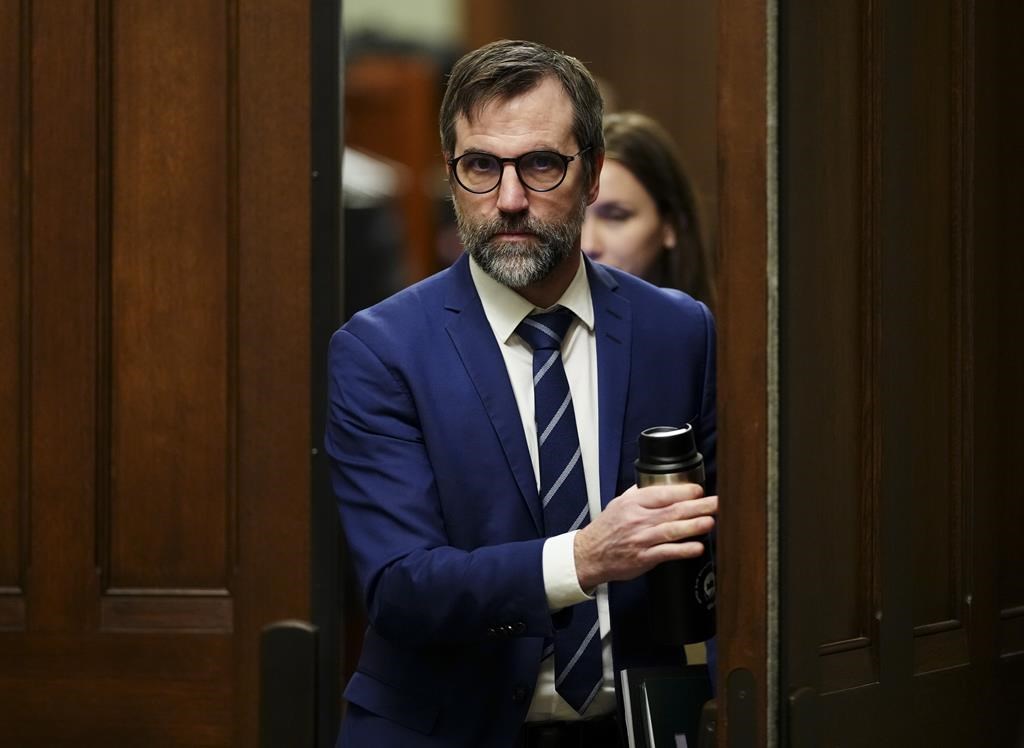After raft of new Western sanctions, Russian central bank moves to support local lenders
Posted Jul 30, 2014 2:43 am.
This article is more than 5 years old.
MOSCOW – Russia was counting the potential cost of Western sanctions targeting its key energy and finance sectors on Wednesday, with the central bank promising to support lenders hit with penalties.
The U.S. and European Union on Tuesday announced a raft of new penalties that would limit the trade of arms and technology that can be used in the oil industry and for military purposes. The EU also put its capital markets off limits for Russian state-owned banks.
The hope is to make the penalties, which had until recently mainly targeted Russian individuals, more biting economically for Russia.
Amid concerns about the potential impact on Russia’s financial stability, the central bank announced it would “take adequate measures” to support the targeted banks. It did not give further details.
The reaction in the stock markets in Moscow was mixed, as investors had sold off shares in Russian companies for the past two weeks after Malaysia Airlines Flight 17 was downed over east Ukraine, killing all 298 people on board. Western officials accuse Russia-backed separatists of bringing down the plane with a missile supplied by Moscow.
Reports last week that the new, tougher sanctions were due had also caused markets to tumble for days ahead of their formal announcement Tuesday.
On Wednesday, the MICEX benchmark index was up 2 per cent, mainly thanks to a rise in shares in companies that were spared sanctions. Shares in VTB Bank, Russia’s second largest and one of the sanctions targets, were down 0.9 per cent.
Analysts warn that with most large state-owned banks cut off from Western funding, the long-term impact of sanctions on Russia’s growth could be severe. U.S. officials said Tuesday that roughly 30 per cent of Russia’s banking sector assets would now be constrained by sanctions.
The International Monetary Fund already slashed Russia’s growth forecast for this year to nearly zero, down from 1.3 per cent last year, and the U.S. says more than $100 billion in capital is expected to flow out of the country.
“Russia’s actions in Ukraine and the sanctions that we’ve already imposed have made a weak Russian economy even weaker,” President Barack Obama said Tuesday.
It remained uncertain whether the tougher penalties will have any impact on Russia’s actions in Ukraine — nor was it clear what further actions the U.S. and Europe were willing to take if the situation remains unchanged. In the nearly two weeks since the Malaysia Airlines plane was felled in eastern Ukraine, Russia appears to have deepened its engagement in the conflict, with the U.S. and its potallies saying that Russia was building up troops and weaponry along its border with Ukraine.
Europe has a far stronger economic relationship with Russia than the U.S. does, and until this week European Union leaders had been reluctant to impose harsh penalties — in part out of fear of harming their own economies.
EU President Herman Van Rompuy and the president of the European Commission, Jose Manuel Barroso, said the sanctions sent a “strong warning” that Russia’s destabilization of Ukraine could not be tolerated.
“When the violence created spirals out of control and leads to the killing of almost 300 innocent civilians in their flight from the Netherlands to Malaysia, the situation requires urgent and determined response,” the two top EU officials said in a statement.
The new EU sanctions put the 28-nation bloc on par with earlier sector sanctions announced by the U.S. and in some cases may even exceed the American penalties.
Obama said co-ordinating Tuesday’s actions will ensure that the sanctions “will have an even bigger bite.”
Despite the West’s escalation of its actions against Russia, Obama said the U.S. and Europe were not entering into Soviet-era standoff with Russia.
“It’s not a new Cold War,” he said in response to a reporter’s question.
German Foreign Minister Frank-Walter Steinmeier pressed for a diplomatic effort to calm the situation in Ukraine, saying Wednesday that “sanctions alone are not a policy, so we must continue to seek opportunities to defuse the conflict politically.”
A meeting planned in Minsk this week between the contact group and representatives from eastern Ukraine “must agree steps on the road to a cease-fire,” Steinmeier said in a statement.
He renewed a call on all sides to allow unrestricted access to the Malaysia Airlines crash site. “It is intolerable that, two weeks after the crash, it is still not possible to bury with dignity the dead who remain at the crash site,” he said.
Australia’s Prime Minister Tony Abbott said Wednesday he was focused on the Malaysia Airlines disaster and was not considering ratcheting up sanctions against Russia.
“I’m not saying that we might not at some point in the future move further. But at the moment, our focus is not on sanctions; our focus is on bringing home our dead as quickly as we humanly can,” Abbott told reporters.
___
Pace reported from Washington. Geir Moulson in Berlin contributed reporting.










